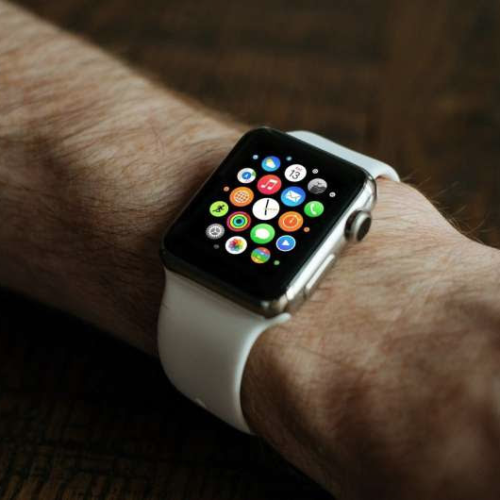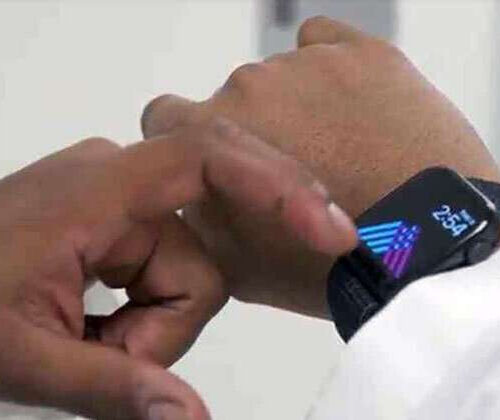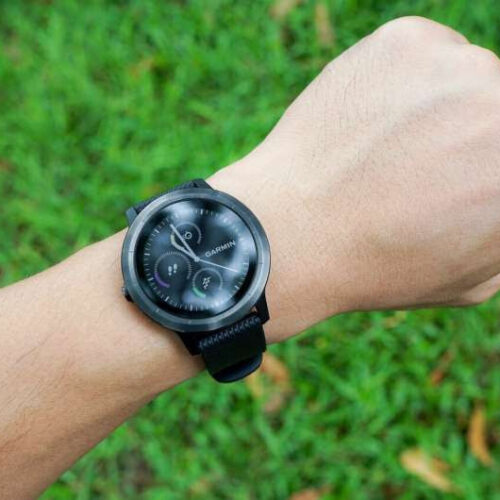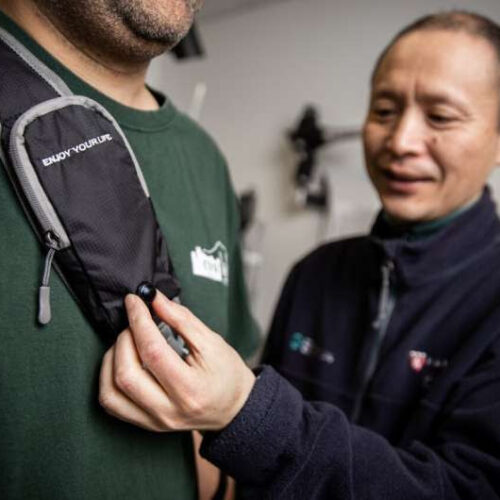JULY 24, 2024 by University of North Carolina Health Care Credit: CC0 Public DomainUsing a wearable device, such as a smart watch, to track health data and symptoms, is supposed to help people monitor their health and address symptoms as quickly as possible to spur positive health outcomes. But for people with atrial fibrillation, also...
Tag: <span>Wearable devices</span>
Wearable devices may be able to capture well-being through effortless data collection using AI
by The Mount Sinai Hospital To determine if machine learning models applied to wearable device outputs could be trained to distinguish an individual’s degree of resilience and psychological well-being, the Icahn Mount Sinai researchers analyzed data from the Warrior Watch Study. The metrics collected were found to be predictive in identifying resilience or well-being states. Credit:...
Fitness levels can be accurately predicted using wearable devices—no exercise required
by University of Cambridge Credit: CC0 Public Domain Cambridge researchers have developed a method for measuring overall fitness accurately on wearable devices—and more robustly than current consumer smartwatches and fitness monitors—without the wearer needing to exercise. Normally, tests to accurately measure VO2max—a key measurement of overall fitness and an important predictor of heart disease and mortality risk—require...
Wearable devices can reduce collision risk in blind and visually impaired people
by Massachusetts Eye and Ear Infirmary Gang Luo, Ph.D., displays the camera on the strap of a wearable collision device. The camera is connected to a processing unit that captures images and analyzes collision risk based on the relative movement of incoming and surrounding objects. Credit: Mass Eye and Ear A new study showed that a...




